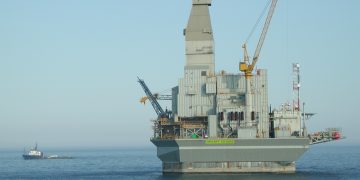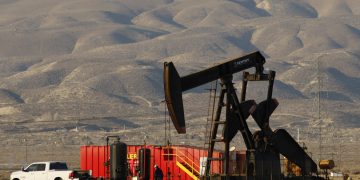The Islamic Republic of Iran Is Ready to Increase Oil Production to the 2015 Level If Sanctions Are Lifted
The Ministry of Petroleum of the Islamic Republic of Iran has announced that Tehran is ready to quickly return to its 2015 oil production levels if international sanctions imposed on its oil sector are lifted.
The ministry clarified that Iran possesses the full technical capacity to bring its currently idled production facilities back online. However, the ministry did not confirm that oil output could reach 3.8 million barrels per day, as was the case in 2015. According to data published by Platts, Iran produced 3.23 million barrels per day last month.
As noted by Neftegaz i Kapital, the geopolitical environment continues to complicate operations within Iran’s oil industry. Nevertheless, the country is actively seeking to attract foreign investment. For example, at an investment forum held in Tehran, more than 200 projects developed by Iran’s National Iranian Oil Company (NIOC) were presented, with a total estimated value of 135 billion United States dollars.
Among the key strategic initiatives are:
-
the creation of a liquefied natural gas (LNG) facility with an annual capacity of 5.25 million metric tons;
-
the construction of a 238-kilometer oil pipeline;
-
and the implementation of associated petroleum gas (APG) utilization projects.
Iran is currently engaged in negotiations with the United States of America regarding the renewal of the Joint Comprehensive Plan of Action (JCPOA), also known as the Iran nuclear deal. If a new agreement is reached, the oil embargo on Iran is expected to be lifted. However, former President Donald Trump has adopted a hardline stance, calling for the complete dismantling of Iran’s nuclear energy program and asserting that he does not believe Iran’s nuclear activities are peaceful in nature.
If no agreement is reached, Trump has threatened military strikes. In response, Iran has declared that it will not make concessions regarding its nuclear energy sector. The country has also previously issued explicit threats, the most serious of which involves blocking the Strait of Hormuz, a strategic maritime chokepoint for global energy shipments. Such a move could potentially disrupt the export of energy resources from the entire Middle East region.







